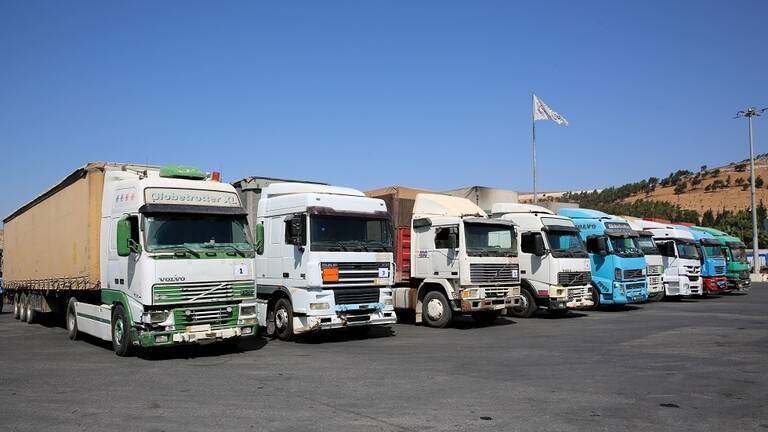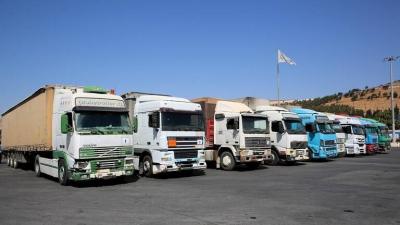The UN Security Council adopted the resolution from Norway and Ireland to extend the mechanism for delivering humanitarian aid across the border to Syria via Turkey for six months, with a possibility of an additional six-month extension. Twelve countries voted in favor of the decision, while the United States, Britain, and France abstained from voting. The mechanism for delivering humanitarian aid through the Bab al-Hawa border crossing between Syria and Turkey had expired on July 10, amid the Security Council's failure to agree on an extension due to disagreements, during which Russia vetoed a proposal from Western countries, and the Russian proposal did not receive the nine votes needed for approval.
Moscow stated it would not allow a proposal that contradicted its own, which led to a decision on Tuesday, July 12, that essentially mirrors the Russian proposal, stipulating an extension of operations at the Bab al-Hawa crossing for six months until January 10, 2023, and that it could be extended for another six months until June 10, conditional on a separate decision affirming this.
Ireland and Norway had pushed for an automatic one-year extension unless a contrary decision was adopted after the first half of the year, but this position was not acceptable to Moscow. The adopted decision on Tuesday stated that the Security Council calls for intensified additional initiatives to expand humanitarian activities in Syria, including accelerating the restoration of water supplies, medical care, education, and energy supplies.
The resolution requests the UN Secretary-General to report to the Security Council on the situation regarding humanitarian aid deliveries to Syria through the lines of communication and to disclose information about the humanitarian aid delivered through the border mechanisms. This includes the transparency of border delivery, the immediate distribution of humanitarian aid, the number of beneficiaries, delivery locations, as well as the quantity and nature of goods.
The simplified system for delivering humanitarian and medical supplies to Syria from neighboring countries (primarily through the Turkish border) through border crossings has been in place since 2014 and is renewed annually. It allowed UN humanitarian agencies and their partners to use routes across frontline lines and four border checkpoints: Bab al-Salam and Bab al-Hawa (both on the Syrian-Turkish border), al-Yaroubia (on the border with Iraq), and al-Ramtha (on the border with Jordan).
As the Syrian army began to assert control over more territory, Damascus and Moscow started advocating for a gradual reduction of border crossings, while the operation of the last remaining crossing (under this mechanism), Bab al-Hawa, ended on July 10.




